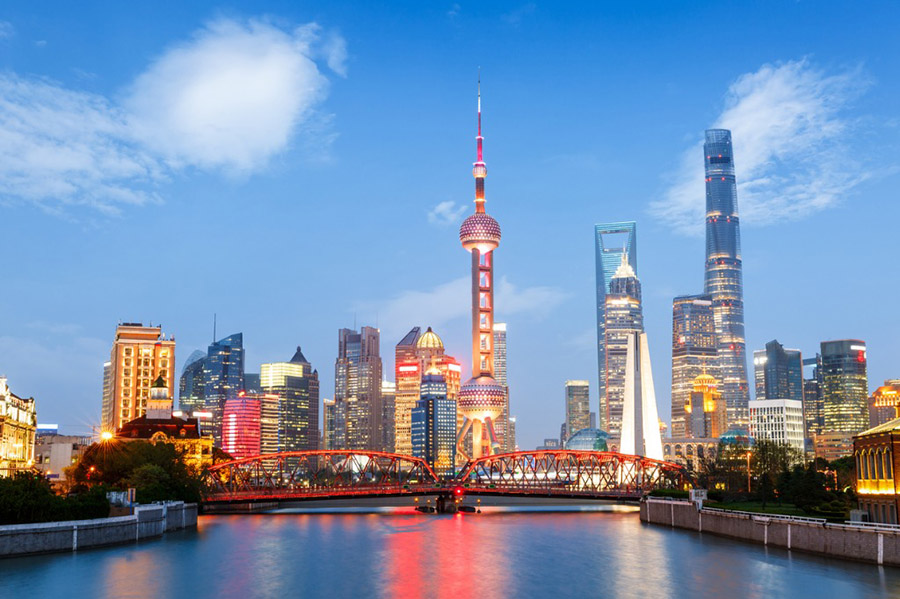
John R. Bryson
Professor of Enterprise and Economic Geography
To Huawei or not to Huawei that is the question that has been debated throughout developed market economies and, in particular, amongst the members of Five Eyes. Five Eyes is the intelligence alliance between Australia, Canada, New Zealand, the United Kingdom and the United States. Australia and the U.S. have an all-out ban on Huawei providing equipment for the development of their 5G data network.
In April 2019, the UK government agreed that Huawei would be permitted to provide equipment for the development of the UK’s new 5G data network. There is no question that this decision exposes the UK people to a security risk.
Opening our door to China
First, in the UK Huawei equipment is either not present or being removed from existing core data networks. It is important to distinguish between those parts of the 5G network that will involve the management and control of data and those that facilitate data transfer, for example the provision of fibre. The provision by Huawei of fibre might not come with significant security risks.
Second, it is important to appreciate that Huawei is a Chinese company and that China is a command and control economy rather than a democracy. This is a critical point. Never consider that a Chinese firm will act in the same way as a firm located in a developed market economy. Never assume that the opening of China to the global economy has transformed China’s command and control economy.
In China, business activities must be considered at all times to be part of the state. Thus, the Chinese government supports the internationalisation of strategic firms by providing access to cheap money and through the facilitation of international relationships, but at a price. This price includes continued support or the removal of government support. Thus, Huawei must be considered as one part of the Chinese government. It might be a private business, but this has a very different meaning in the Chinese command and control economy. Part of this meaning is clearly articulated by China’s 2017 National Intelligence Law and the 2014 Counter-Espionage Law. Article 7 of the 2017 law states that “any organization or citizen shall support, assist and cooperate with the state intelligence work in accordance with the law,” and that the state “protects” any individual and organization providing assistance. The 2014 Counter-Espionage law states that “when the state security organ investigates and understands the situation of espionage and collects relevant evidence, the relevant organizations and individuals shall provide it truthfully and may not refuse”.
Third, the media and political debate on Huawei has been too focused on the provision of 5G technology. There is a much more important debate to have regarding technological dependency and China. China has become the primary location for the production of microelectronics and for the assembly of Smartphones and computers. This means that it is very difficult to identify equipment with embedded computing that does not include components that have been fabricated or assembled in China. This places every individual, company and government using such equipment at risk from the 2014 and 2017 Chinese laws. Both the European Union and the United States needs to ensure that national security is protected through the development of local producers of microelectronics.
What is the UK willing to compromise?
The decision to include Huawei equipment within the UK’s 5G data network represents a political compromise. The compromise is between national security versus a concern with developing trade between the UK and China. It is important that national security comes first over trade. Nevertheless, only focusing on one company, Huawei, and the 5G network, exposes the UK and all other developed market economies to excessive risk. This excessive risk is found in all products that include computer components assembled or made in China and by companies located in command and control economies. For the UK and the European Union there should be local alternatives to critical components and products fabricated in China.
We need a political and media discussion about technological dependency and national security. Technological dependency or technological reliance is becoming one of the key threats and challenges facing the UK and it is one that is only intensifying.
